In early September 2022, 55-year-old cycling enthusiast Fiona was participating in the National Masters Cycling Championships near Mt Keira when she was involved in a crash. Her last memory of the day was speaking to the other cyclists just before the race started.
Following the accident, Fiona was airlifted to St. George Hospital. Although her injuries seemed relatively minor – a shoulder injury, facial wounds, and a few fractured ribs – the real challenge emerged with 24 days of post-traumatic amnesia, a clear sign of a significant traumatic brain injury. A month-long stay at St. George Hospital was followed by a transfer to the Brain Injury Unit (BIU) at Royal Rehab Ryde.
“Right from the start, I felt safe and supported in the Brain Injury Unit,” Fiona recalls. “It was so peaceful and calm, and all of the staff were incredibly caring and encouraging.”
During her time at the BIU, Fiona worked with a team of therapists to address issues stemming from the accident, including her walking speed and balance. Physiotherapy and hydrotherapy played a crucial role in helping her regain her speed, balance, and overall fitness. The speech pathology and occupational therapy teams also worked diligently to enhance Fiona’s verbal and non-verbal communication skills, auditory attention span, and cognitive abilities.
Senior Speech Pathologist Janine Mullay noted changes in Fiona’s speech, emphasising the need to make it sound more natural, as it had become slower, louder, and more monotone. Janine also helped Fiona with producing natural facial expressions appropriate for various contexts. “The majority of what we communicate as humans is not in the words we say,” Janine explains, “it’s in the way we say it – our facial expressions, our tone of voice, our body language. We worked a lot on those non-verbal communication skills.”
With a comprehensive approach involving speech practice, feedback through audio and video, self-assessment, learning, and imitation of appropriate facial expressions, Fiona made substantial improvements in her communication skills. She also joined the BIU’s weekly coffee and news groups to improve planning and communication abilities. Janine highlights the benefits of group therapy, which allowed Fiona to practice communication goals in a more natural and less clinical setting. Fiona prepared news summaries each week, a task that required planning, memory, and the use of reminders.
Fiona’s steady progress was evident to both her and her husband, Michael. “Both Michael and I could see the improvements I was making week on week,” Fiona shares. “From not being able to walk well, to walking around and navigating stairs, and doing physiotherapy twice a day, it was amazing. I also loved the hydrotherapy – it was a highlight.”
In early December 2022, seven weeks after her admission, Fiona was ready to go home. “When I left, I felt confident they had put in place everything I would need to be able to re-integrate home,” says Fiona. “It was really comprehensive, the way the occupational therapist prepares you for returning home.”
Following her discharge, Fiona continued to receive at-home and community support from Royal Rehab Ryde’s Brain Injury Community Rehabilitation Team (BICRT). The team provided assistance with recreational therapy, speech therapy, occupational therapy, and physiotherapy.
Fiona continues to make remarkable progress, acknowledging the pivotal role Royal Rehab played in her journey. “It was being at Royal Rehab Ryde that really gave me the confidence. It set the foundations for getting back into life. Now, I’m just enjoying my second chance at life.”



